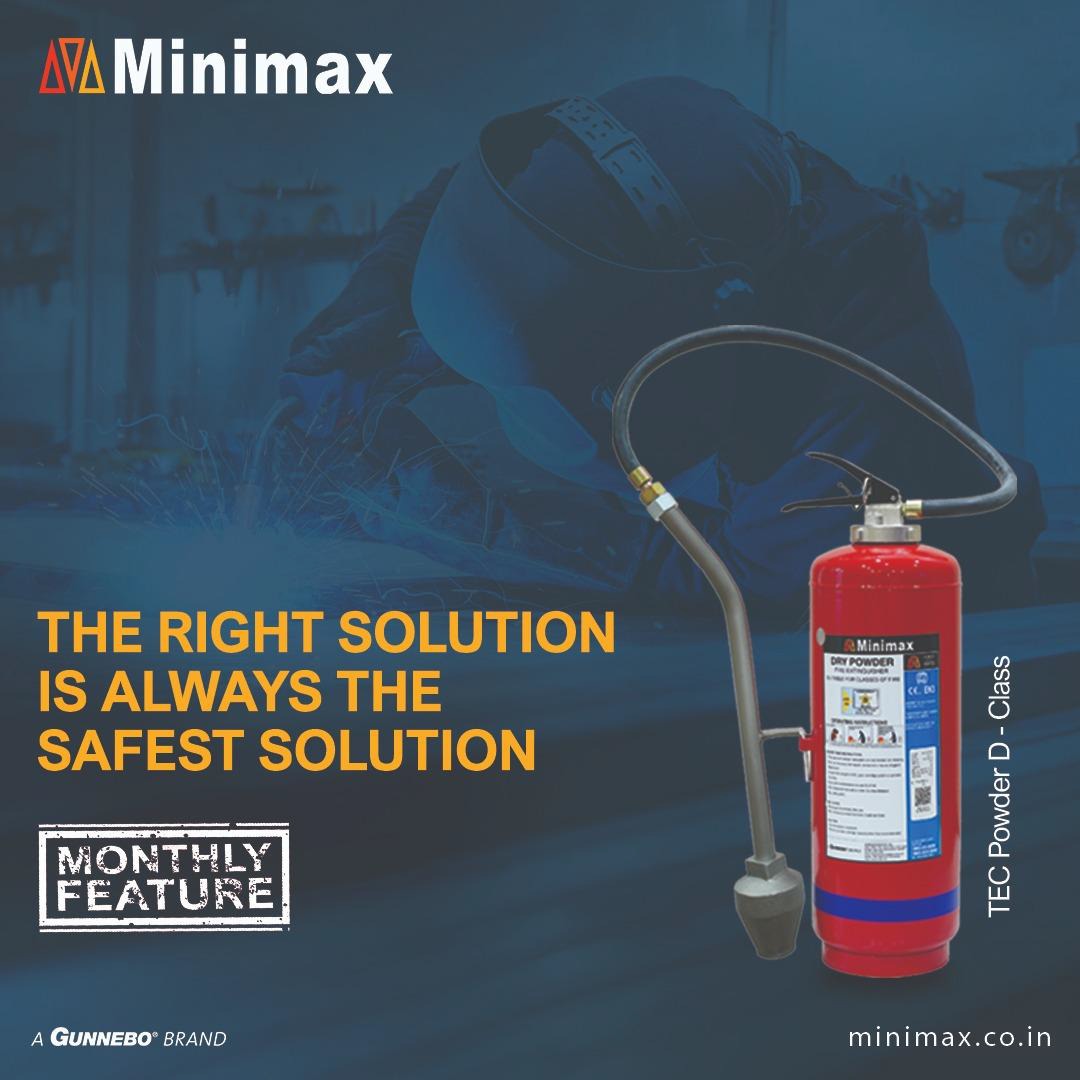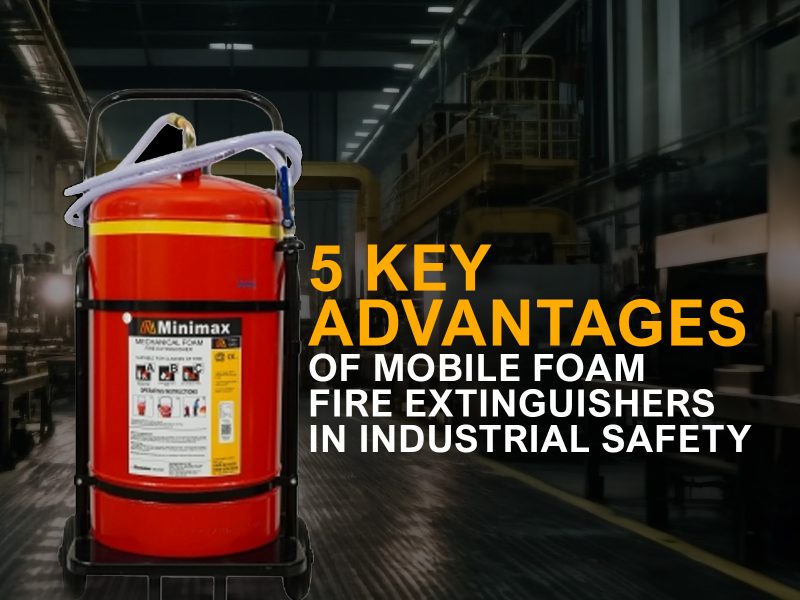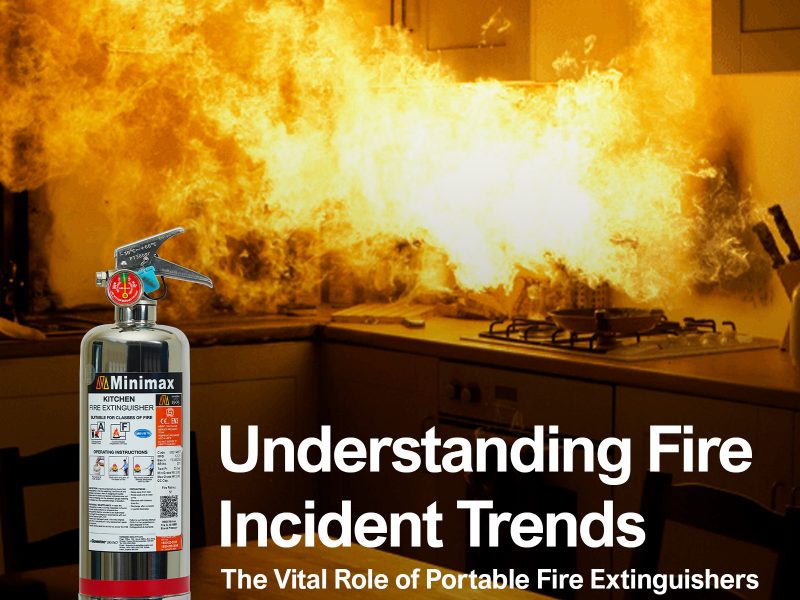
A fire’s class is defined by the fuel source of the fire hazard. It also determines the extinguishing
agent and fire extinguisher type suitable to operate on the fire.
There is no one type of fire extinguisher that is universally acceptable for all classes of fire. A
fire extinguisher is effective only on the fire class for a suitable application. Careful
consideration is necessary while selecting the most suited fire extinguisher type.
Fuel is an essential component of any fire, and not all fires are the same. This fire class that
notably stands out is Class D, or fires igniting from combustible metals. Metal fires usually occur
in industrial, manufacturing, or laboratory settings. These fires can be extremely hazardous and
require special type of fire extinguisher.
WHAT ARE CLASS D FIRES?
Class D fires occur from combustible metals, such as aluminum, titanium, magnesium, lithium,
zirconium, sodium, and potassium. This fire type usually occurs in industrial, manufacturing, or
laboratory settings when the tiny, thin pieces of metal or dust generated during the grinding or
machining process ignite, making the reactive metal particles the fuel element. Class D fires can
cause significant damage and are not simple to extinguish.
WHAT TYPE OF EXTINGUISHERS RATED AS CLASS D?
Water, or any other extinguishing agent, cannot be used to extinguish Class D fires. Water
interacts with the combustible metal intensifying the fire, increasing the heat, and spreading
molten metal. Thus, one should always use a special extinguishing agent to tackle Class D fires.
Only Class D type fire extinguisher are suitable on combustible metal fires. The best way to
extinguish these fires is by smothering them & eliminating the oxygen element. The agent also
helps to absorb the heat from the fuel.
Ternary eutectic chloride (TEC) based dry powder is a specially formulated eutectic mixture of 3
(ternary) salts for metal fires. TEC powder is suitable for fire risks from reactive metals and their
alloys. These fire extinguishers comes with a specially designed Cast Aluminium nozzle with
radial fins internally, which diffuses pressure to ensure the gentle application of powder without
metal splashing.
D Class fire extinguishers are effective only on reactive metal fires, and they are not effective for
any other class of fire. Those working around combustible metals must understand the unique
properties of Class D fires along with how and when to correctly and safely operate a Class D
fire extinguisher.
Test requirements are defined clearly in the new BIS guidelines for Class D fire extinguishers.
Minimax D-Class Fire Extinguishers are certified with the latest BIS standard IS 15683: 2018
and come with the following key features:


